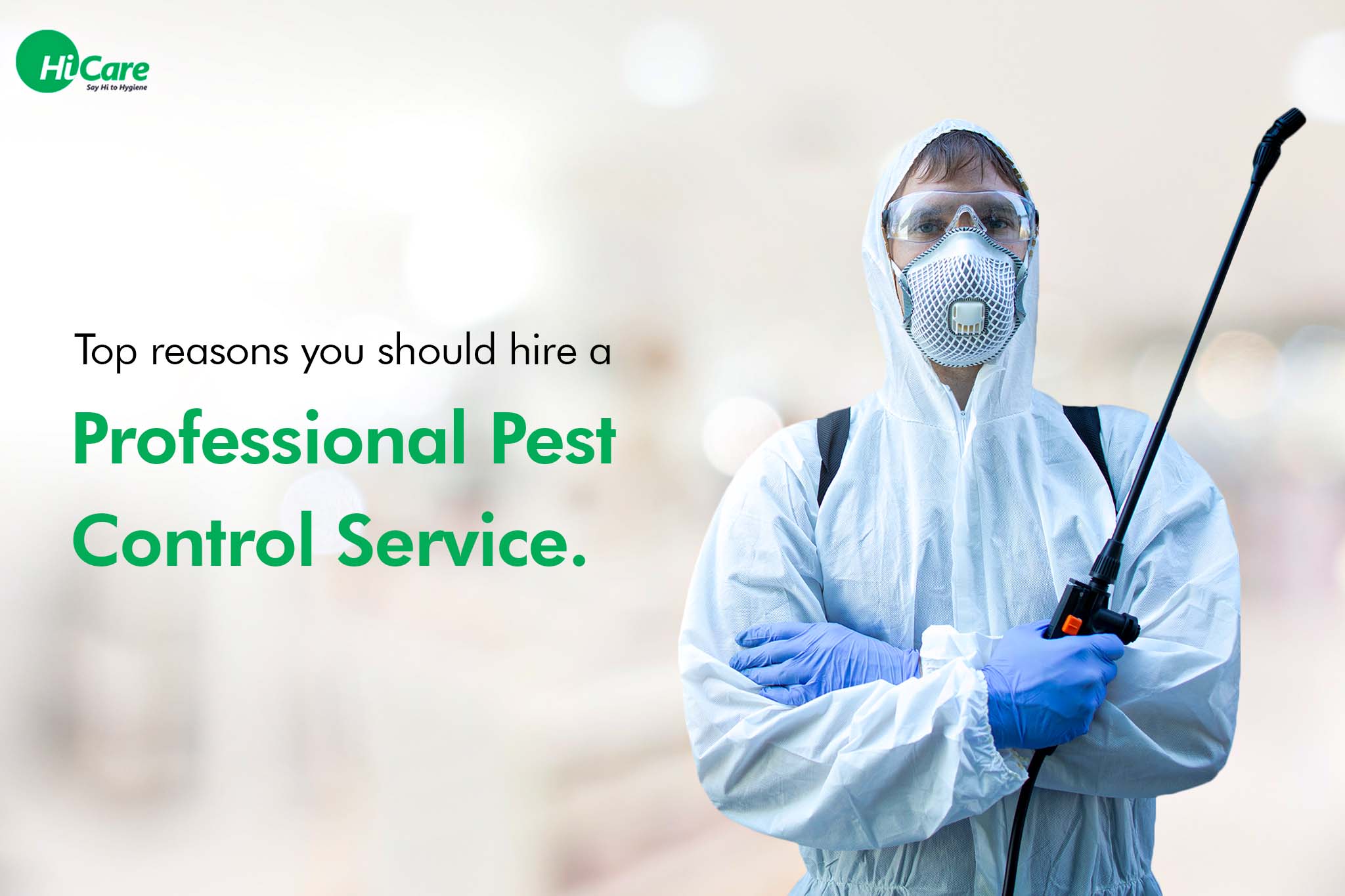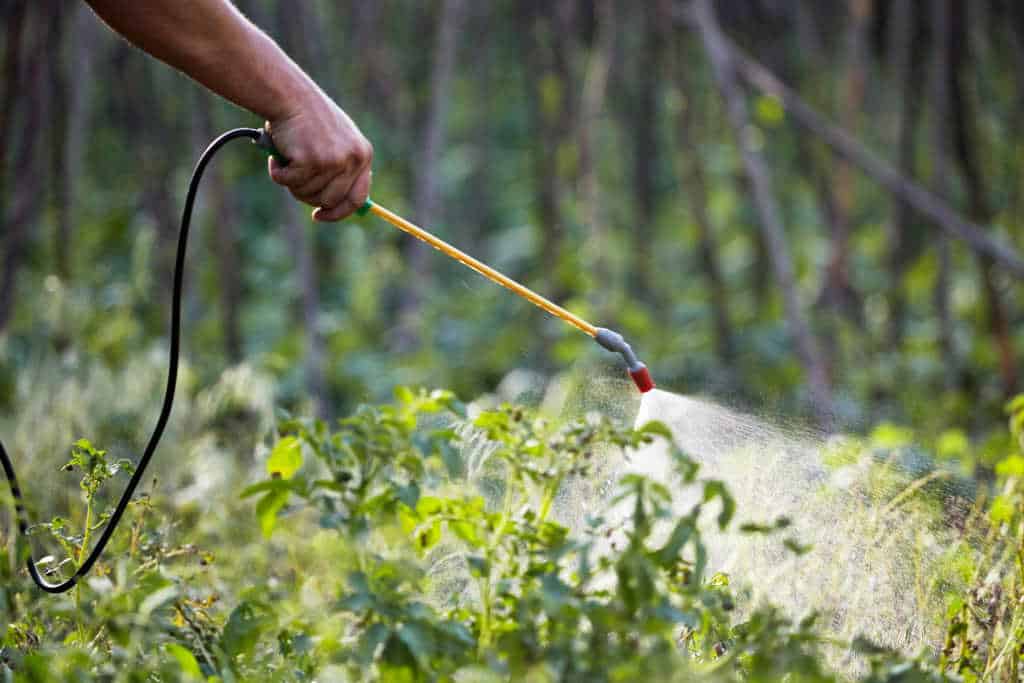The Ultimate Guide to Eco-Friendly Parasite Removal Techniques for Sustainable Living
In the realm of lasting living, the mission for effective yet eco-friendly bug control techniques is an extremely important worry for lots of diligent individuals. The delicate equilibrium in between eradicating unwanted trespassers and protecting the environment can be a tough one to navigate. In this guide, we will discover a series of green parasite removal strategies that not just address insect issues however also promote the concepts of sustainability. From natural repellents to the critical use of beneficial insects, each technique offers an unique strategy to taking care of bugs without creating damage to the setting. By adopting these eco-conscious methods, people can produce a harmonious coexistence with nature while guarding their space.
All-natural Repellents
When looking for green parasite removal methods, making use of all-natural repellents can be a highly reliable and sustainable approach. Natural repellents are compounds stemmed from plants, minerals, or various other normally happening sources that discourage pests without triggering damage to the atmosphere, human beings, or non-targeted wildlife. These repellents work by sending out fragrances or creating preferences that insects locate undesirable, driving them away from the location. Usual natural repellents include necessary oils like citronella, peppermint, and tea tree oil, as well as materials like diatomaceous earth, vinegar, and chili powder.
Furthermore, natural repellents are frequently easily offered, economical, and simple to make use of, making them available to a large range of people looking to address parasite issues in an environmentally pleasant manner. By including natural repellents right into bug management strategies, people can efficiently control insects while advertising sustainability and eco-conscious techniques.
Beneficial Bugs
Beneficial pests play a vital duty in maintaining environmental equilibrium and supporting sustainable pest management methods. These pests are natural predators of many usual garden bugs, aiding to keep their populaces in check without the demand for dangerous chemicals.
Introducing advantageous bugs to your yard can assist minimize the need for synthetic pesticides, advertising a much more lasting and green approach to pest control. By bring in these all-natural predators with using friend growing, giving suitable environments, and staying clear of using chemical pesticides that damage both pests and valuable pests, you can create a well balanced ecosystem where bugs are controlled normally. Motivating biodiversity in your yard by welcoming useful insects not just helps protect your plants but also adds to the general health of the atmosphere.
Mechanical Catches
In the realm of environment-friendly insect elimination techniques, one reliable approach includes the utilization of mechanical traps. These catches are created to catch insects without using damaging chemicals, making them a risk-free and eco pleasant choice for insect control. Mechanical catches can be found in different forms, including snap catches, live catches, and electronic traps, each serving a particular function in insect elimination.
Live traps, on the other hand, are designed to capture parasites to life so they can be launched back right into the wild unharmed. These traps are excellent for bigger pests like squirrels or raccoons.

Biological Controls
The application of all-natural killers or microorganisms to manage insect populations is a lasting and eco mindful strategy known as biological controls. By taking advantage of the power of nature's own checks and equilibriums, organic controls use a targeted and effective technique of bug administration without the use of hazardous chemicals.
One common type of biological control is the intro of natural killers to combat parasite populations. Ladybugs are frequently released right into gardens to control aphids, while certain types of wasps are made use of to manage caterpillar problems. These predators feed on the parasites, helping to naturally manage their numbers and reduce damage to crops.
Another biological control approach entails utilizing microorganisms such as germs, fungis, or infections to contaminate and eliminate insects. These microorganisms are details to the target pest and do not damage various other useful organisms or the environment. Bacillus thuringiensis (Bt) is a normally occurring soil bacterium that is utilized to regulate caterpillars and certain types of beetles.
Eco-Friendly Pesticides
Using ecologically secure chemicals is important in preserving an equilibrium in between efficient parasite control and ecological sustainability. Green chemicals, likewise understood as organic pesticides, are stemmed from all-natural resources and developed to target certain bugs while lessening damage to advantageous pests, animals, and the atmosphere (King pest exterminator). These pesticides are formulated to damage down quickly, minimizing the danger of polluting dirt and water resources
One typical environment-friendly pesticide is neem oil, drawn out from the seeds of the neem tree, which acts as a repellent, antifeedant, and disruptor of insect development. One more natural choice is diatomaceous earth, a powder made from fossilized algae that harms the exoskeletons of bugs. Additionally, insecticidal soaps and oils derived from plants like rosemary, thyme, or pepper mint can effectively regulate insects like caterpillars, aphids, and mites.

Verdict

In this overview, we will discover a variety of environment-friendly bug removal strategies that not only King pest exterminator cincinnati address pest problems yet likewise copyright the concepts of sustainability. By incorporating natural repellents into parasite administration techniques, individuals can properly manage insects while advertising sustainability and eco-conscious practices.
By drawing in these all-natural predators through the use of friend planting, offering ideal environments, and avoiding the use of chemical pesticides that harm both insects and helpful insects, you can produce a well balanced community where bugs are controlled normally. These catches are developed to catch parasites without the usage of dangerous chemicals, making them a eco pleasant and safe option for bug control. By making use of all-natural repellents, helpful pests, mechanical traps, biological controls, and green pesticides, individuals can efficiently manage parasite populations without harming the environment.